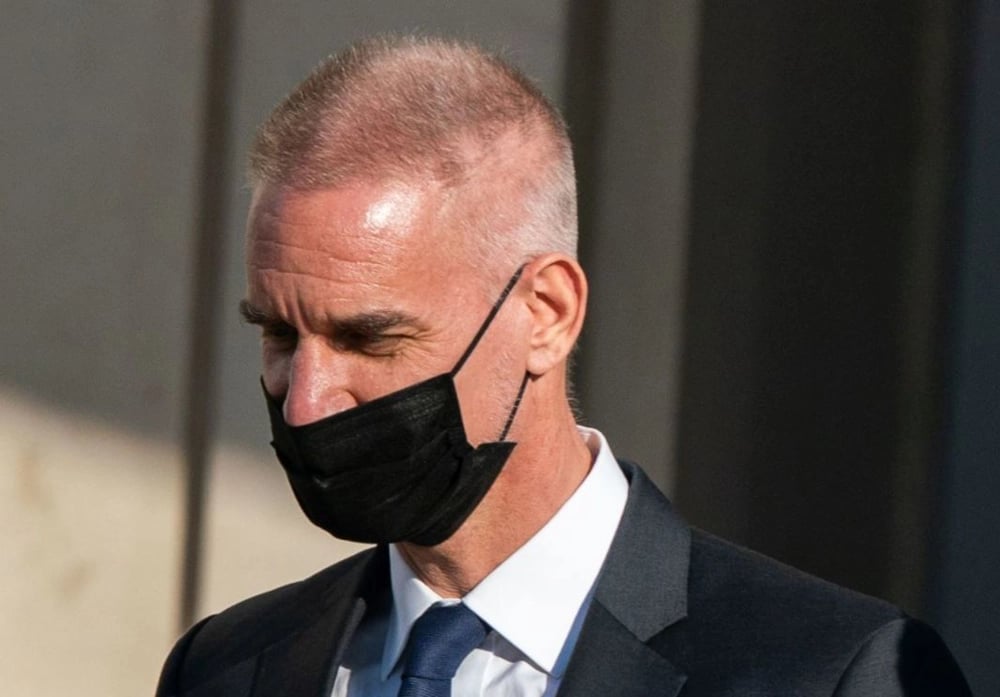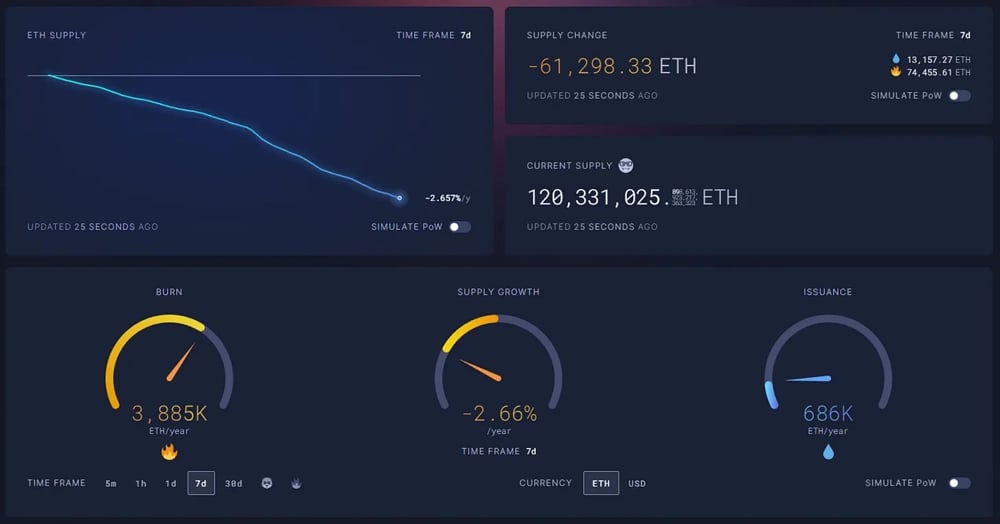Tim Leissner and the 1MDB Scandal: Impact on Goldman Sachs and Global Financial Markets
Former Goldman Sachs $GS.NE banker Tim Leissner was sentenced to two years in prison by a New York court for his pivotal involvement in one of the largest financial scandals in recent history—the 1Malaysia Development Berhad (1MDB) case. This multibillion-dollar corruption scandal spanned multiple continents and implicated high-ranking officials, including former Malaysian Prime Minister Najib Razak, as well as top executives at Goldman Sachs.
The 1MDB Scandal and Its Consequences for Goldman Sachs
The 1MDB fund was originally established to promote Malaysia’s economic development but became the center of a massive embezzlement and money laundering scheme. According to Malaysian and U.S. authorities, approximately $4.5 billion was siphoned off through complex fraud mechanisms.
Tim Leissner, who held key positions at Goldman Sachs, was found guilty of facilitating the theft, laundering proceeds, and providing false statements. The scandal exposed significant internal control failures within Goldman Sachs, highlighting lapses in compliance and governance practices.
As a result, Goldman Sachs faced severe financial and reputational damage, including billions in fines and heightened scrutiny from regulators in the United States and internationally. The scandal has also intensified global awareness of risks inherent in the banking sector and accelerated reforms focused on anti-money laundering (AML) and corporate ethics.
Key Facts
Tim Leissner, former Goldman Sachs banker, sentenced to two years in prison.
Approximately $4.5 billion embezzled from the 1MDB fund.
High-profile figures implicated include former Malaysian Prime Minister Najib Razak and Goldman Sachs executives.
Goldman Sachs paid over $5 billion in fines and regulatory penalties.
The scandal revealed critical weaknesses in Goldman Sachs’ internal controls and compliance.

Market Reaction and Expert Commentary
The global financial markets reacted with volatility amid unfolding revelations of the scandal. Shares of Goldman Sachs experienced fluctuations, particularly during periods of major legal developments. The regulatory investigations and associated penalties complicated Goldman Sachs’ operations and undermined investor confidence.
Industry experts emphasize that the 1MDB scandal marked a turning point for the financial sector, prompting increased regulatory focus on compliance frameworks and corporate governance. In an era of growing cross-border financial transactions, transparency and rigorous internal controls have become indispensable for risk mitigation.
Key Takeaways
The 1MDB scandal exposed significant governance gaps within Goldman Sachs.
Tim Leissner played a central role and was criminally prosecuted.
Goldman Sachs faced multibillion-dollar fines, affecting its financial standing.
Regulatory scrutiny around AML and corruption intensified following the case.
The scandal catalyzed reforms aimed at strengthening compliance and ethical standards globally.

The Significance of the 1MDB Scandal for Goldman Sachs and the Financial Industry
The 1MDB case and Tim Leissner’s sentencing underscore the critical need for stringent anti-corruption measures and enhanced governance in international banking. For Goldman Sachs, the episode represents a hard-learned lesson on the importance of ethical conduct and transparency. On a broader scale, the scandal has accelerated regulatory reforms designed to bolster trust and stability across global financial markets.















Comments
It underscores how strategic decisions are reshaping the future of automated technologies